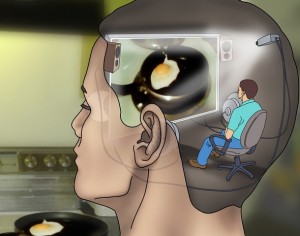notredame | Neuroscience is the study of the physiological mechanisms that give
rise to a manifold of human capacities, including perception, memory,
vision and the emotions. To achieve the goals of scientific
understanding, neuroscientists must of necessity advance claims and
hypotheses which are subjected to scientific experiment. In addition to
experimental techniques, neuroscientists need a conceptual framework
within which to make sense of the results of their empirical work. In
short, a necessary complement to empirical research is a coherent
conception of the phenomena under investigation, that is, human
psychological capacities.
Bennett - a distinguished neuroscientist - and Hacker - the
preeminent scholar of Wittgenstein's thought - have teamed up to produce
a withering attack on the conception of the mental that lies at the
heart of contemporary neuroscience. Although neuroscientists are
committed materialists, and adamantly insist on this aspect of their
anti-Cartesianism, they have, Bennett and Hacker argue, merely
jettisoned the dual substance doctrine of Cartesianism, but retained its
faulty structure with respect to the relation of mind and behavior.



1 comments:
Was that something other than pseudo-intellectual gobble-dee-gook?
So we have to look up Cartesianism and anti-Cartesianism to figure that out. Does this inherently contain the European perspective of reality.
Freud did not study human psychology. He studied European psychology.
Thinking outside your cultural box may not be easy.
Post a Comment